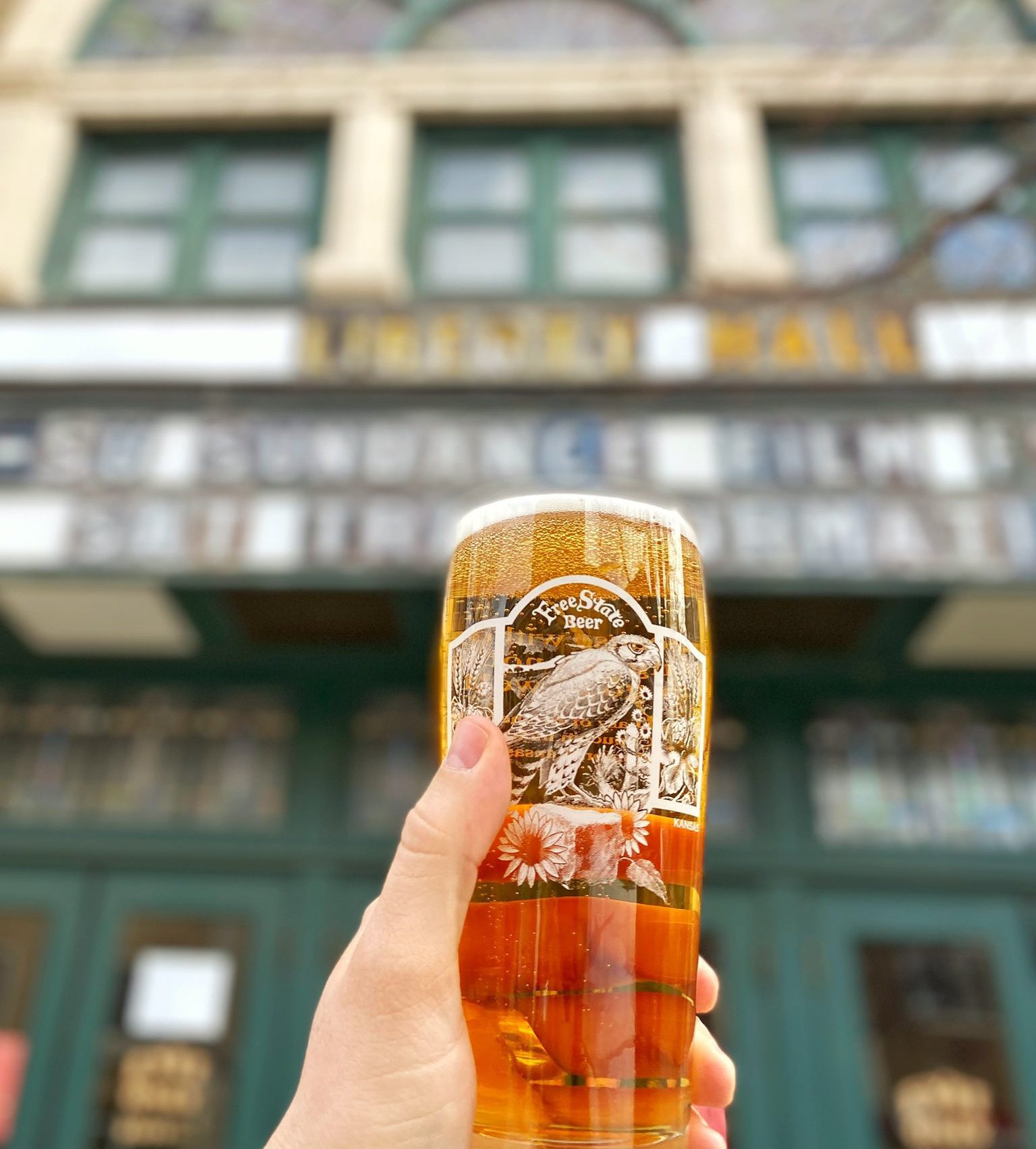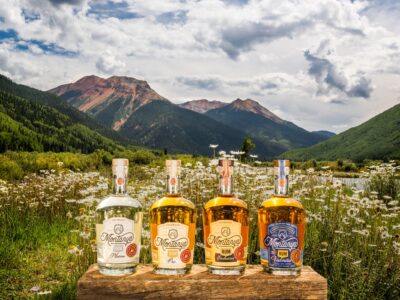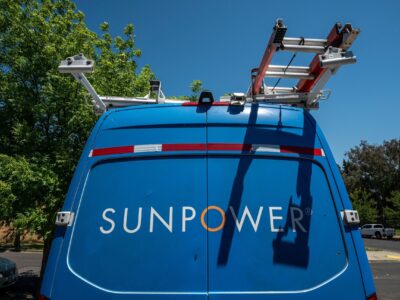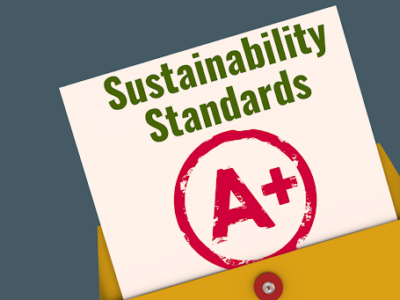In the early 1980s, Chuck Magerl was an undergraduate at the University of California-Davis studying civil engineering. Originally hailing from Kansas, Magerl was in the process of writing an article covering the origins of beer brewing in his home state. The undergraduate project would lay the groundwork for Magerl’s unexpected career in beer, brewing, and sustainability.
During the course of his research, Magerl learned that breweries in Kansas were a backbone of the community and culture, with the state clocking in at a statewide count of 113 in the 1800s.
By 1880, Kansas was America’s first state to implement prohibition – the now-infamous ban on producing, distributing, and possessing alcohol – shuttering the previously robust industry across the state.
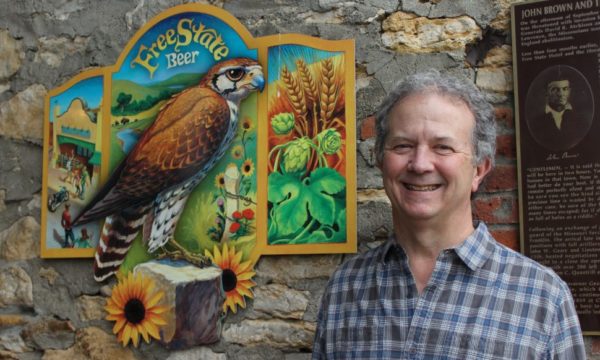
“Learning about the history of beer in Kansas inspired me to experiment, myself,” Magerl recalls. With California hitting one of a few cultural peaks in the 1980s, the West Coast enclave offered an array of local breweries for Magerl to familiarize himself with small-scale brewing. Conveniently, UC-Davis was also offering a handful of courses covering beer crafting.
By 1984, Chuck had graduated from university and made his way home to Kansas, where he lobbied local lawmakers alongside other residents to include breweries in a series of liquor reforms that were in the works.
In 1989, Magerl opened Free State Brewery, making it Kansas’s first new brewery in over a century.
Throughout those one hundred years, the environment both for beer and in general had changed significantly. The practices undertaken in the 1880s prior to prohibition failed to present a path with any longevity for a business. Two pillars, in particular, were essential in Chuck’s mind for a successful brewery: sustainability and community.
“To me…sustainability means an active involvement with natural systems and having a sense of balance,” says Magerl.
He continued on the point of the community and social relationships, adding that “there is a desire of the consumer to know a story as a way of forming an emotional alliance with that brand. If there’s a sense of that, it can help build a bond with consumers.”
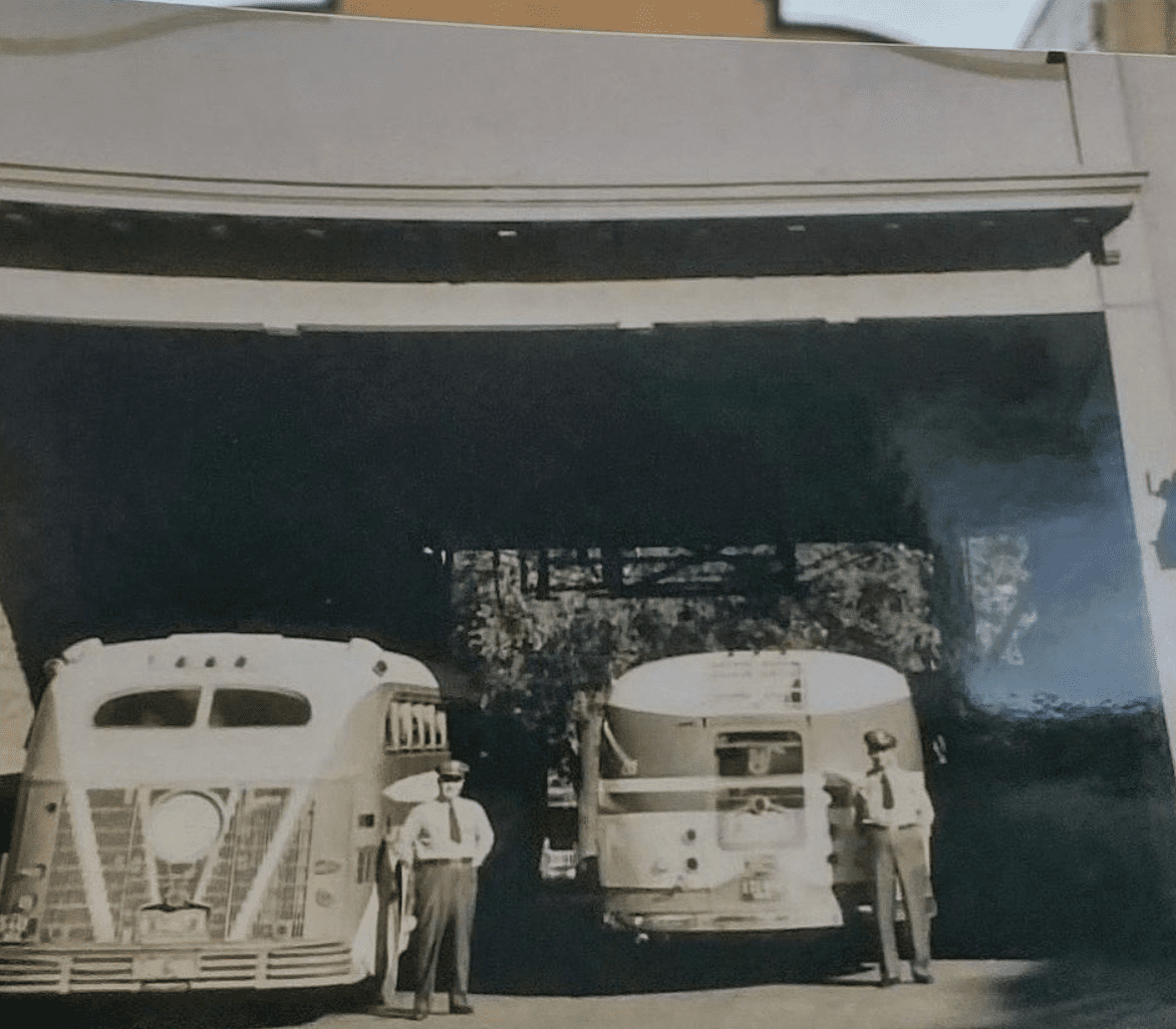
The space that Free State Brewery and its restaurant occupy today is a different scene than when Magerl bought the property in the ‘80s. Chuck says the building was quite literally an open-style barn, at one time being the site of a trolley depot, followed by the home of a Union Pacific bus stop for four decades.
Magerl was faced with the question of how to convert the dilapidated space into a functional (and healthy) space for a business, all while keeping an eye out for environmental conservation.
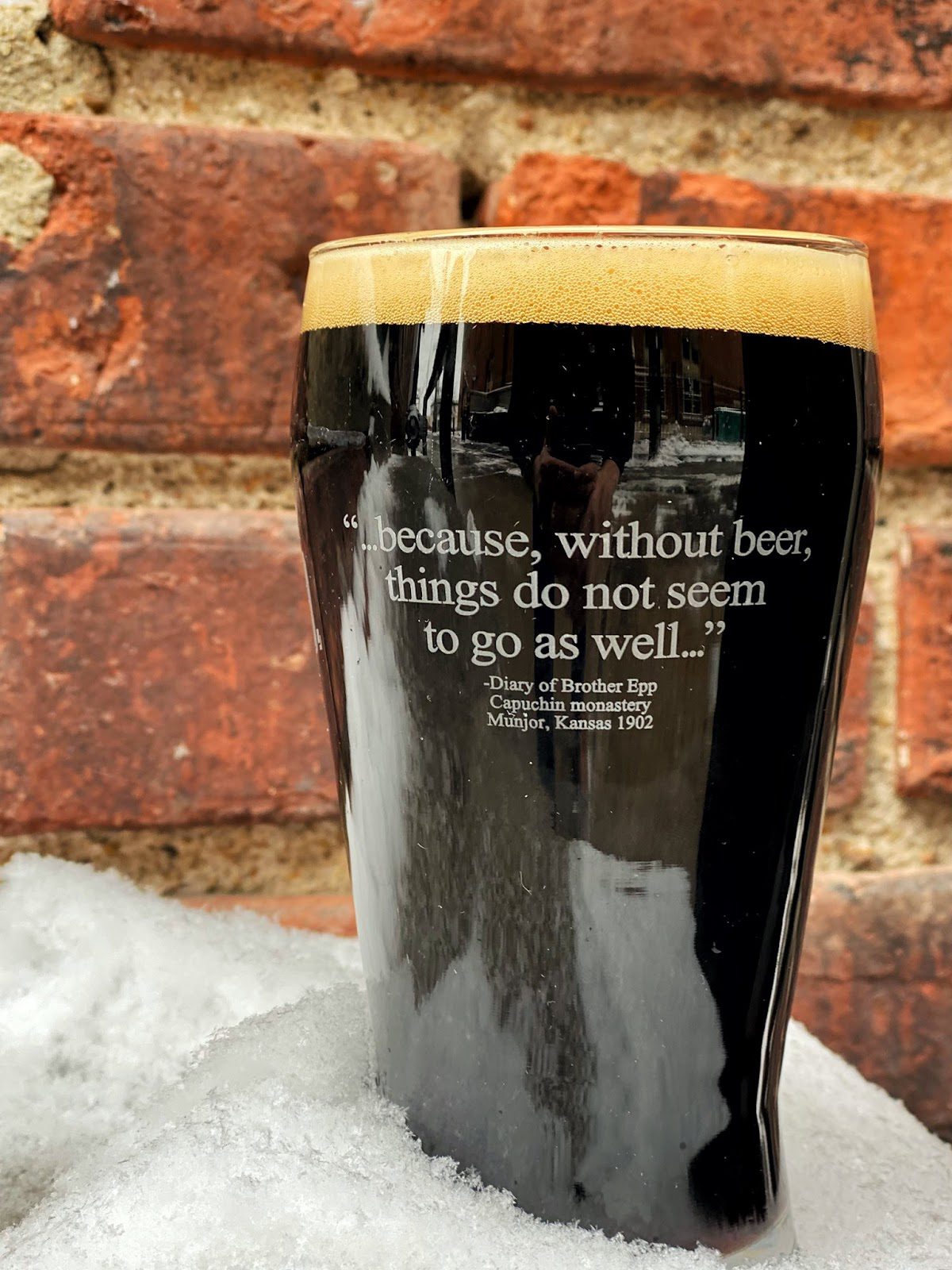
One of the most overlooked tools in a sustainable building is repurposing – the use of original and already existing materials to recycle them into a functional component of a building. Magerl says that his team sourced part of the already-present barn wood, finished it, and included it in the facade frame of the brewery. The Free State team even used Cyprus wood from large, vintage vinegar containers to form the building’s structure.
In addition to the impressive upcycling from its early days, Free State boasts a variety of sustainability initiatives in its everyday operations in an effort to keep the environment front of mind amid brewing.
The brewery buys energy credits from renewable hydropower, generated from the local Kansas River to offset its power usage. In an effort to build dependable relationships with local agricultural partners, spent grain from the brewery is donated to nearby dairy farms for livestock feed. Free State also composts waste and re-claims waste heat to heat water supplies – a practice it has been employing for over 20 years.
With a focus on sustainability and creating a true connection with its patrons, Free State represents a powerful link between sustainable agriculture, brewing, and enjoyable consumer items.
“As we evolve in agriculture, shouldn’t we all have sustainability as a crucial aspect of what we are doing?” asks Magerl.

